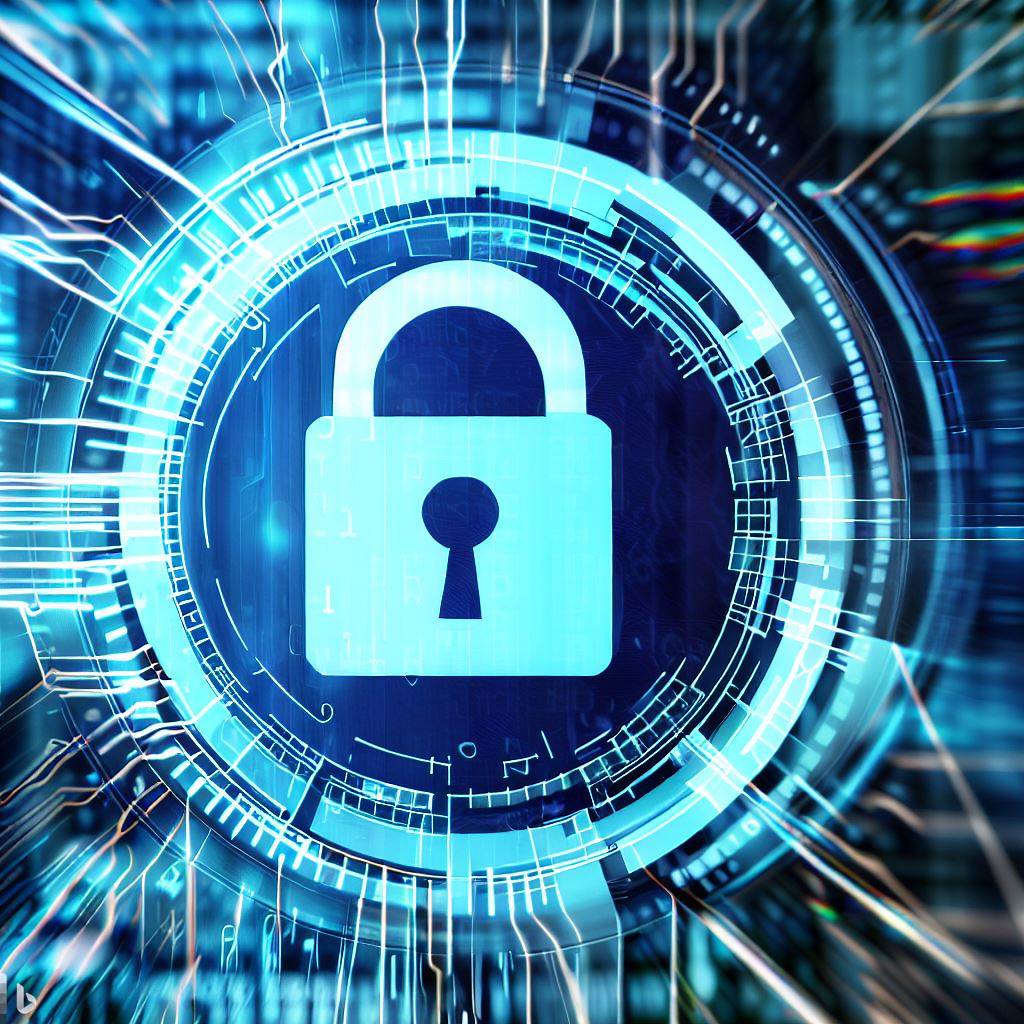Ensuring Data Security in EHR Systems: A Comprehensive Guide
Electronic Health Records (EHR) have revolutionized the healthcare industry by making patient data more accessible and improving the efficiency of healthcare delivery. However, the digitization of medical records also raises significant concerns about data security and privacy. Ensuring the confidentiality, integrity, and availability of patient information is crucial in EHR systems. In this comprehensive guide, we'll explore the key strategies and best practices for safeguarding sensitive healthcare data in EHR systems.
Understanding the Importance of EHR Data Security
Electronic Health Records contain a treasure trove of sensitive information, including patient demographics, medical history, treatment plans, and more. This information is invaluable not only for healthcare providers but also for malicious actors seeking to exploit it for financial gain or identity theft. Therefore, robust data security measures are essential to protect patient privacy and comply with regulations like HIPAA (Health Insurance Portability and Accountability Act).
Key Strategies for Data Security in EHR Systems
1. Access Control
Implementing strict access controls is the foundation of EHR data security. Only authorized personnel should have access to patient records, and their access privileges should be tailored to their roles. This includes creating unique user IDs, enforcing strong password policies, and implementing multi-factor authentication (MFA) to enhance login security.
2. Encryption
Encrypting data at rest and in transit is a fundamental requirement for EHR systems. This ensures that even if unauthorized access occurs, the data remains unreadable and unusable. Use strong encryption algorithms and regularly update encryption keys to maintain security.
3. Regular Auditing and Monitoring
Continuous monitoring and auditing of EHR systems help identify suspicious activities or unauthorized access in real-time. Establish a system for reviewing logs, tracking user actions, and responding promptly to security incidents.
4. Data Backup and Recovery
Regularly back up EHR data to prevent data loss due to system failures, natural disasters, or cyberattacks. Develop a comprehensive data recovery plan to ensure minimal downtime and data integrity in case of an emergency.
5. Employee Training and Awareness
Educate your staff about the importance of data security and the potential consequences of security breaches. Implement ongoing training programs to keep employees up-to-date with the latest security threats and best practices.
6. Vendor Assessment
If you're using third-party EHR systems or services, perform due diligence in assessing their security measures. Ensure that your vendors comply with data security standards and have robust security practices in place.
7. Compliance with Regulations
Stay informed about relevant data security regulations and standards, such as HIPAA, and ensure that your EHR system adheres to these requirements. Regularly conduct compliance audits to identify and address potential issues.
8. Incident Response Plan
Develop a well-defined incident response plan that outlines the steps to take in case of a data breach. A quick and efficient response can mitigate the impact of a security incident and minimize harm to patients and your organization.
Conclusion
Ensuring data security in EHR systems is not only a legal obligation but also a moral imperative. Patients trust healthcare providers with their most sensitive information, and it's crucial to honor that trust by safeguarding their data. By implementing robust security measures, staying informed about evolving threats, and fostering a culture of security within your organization, you can protect patient privacy and maintain the integrity of your EHR systems.

